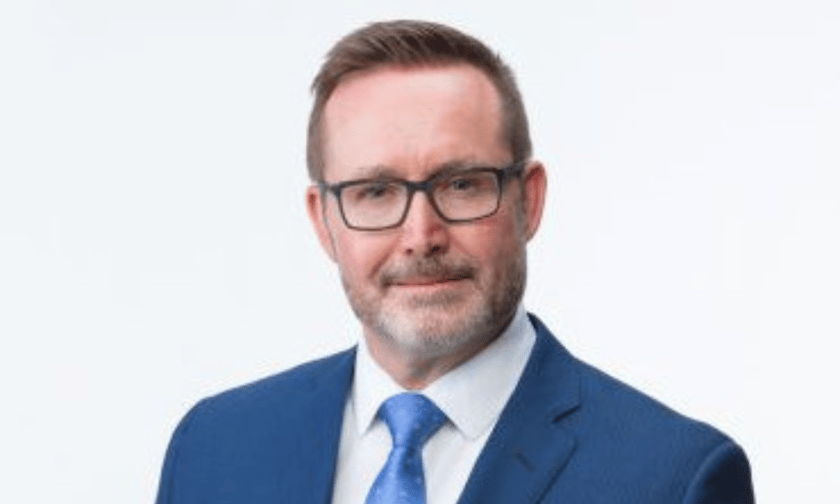

Change is a constant in business, but for specialty insurance brokerage Wylie-Crump, its latest leadership shift is more about evolution. With Nolan Heuchert (pictured) stepping in as president, the company is refining its approach rather than reinventing it.
Having been a key part of Wylie-Crump’s journey since 2009, Heuchert sees his transition as a natural step in the firm’s progression.
The Vancouver-based brokerage, established in 1972, offers risk management, insurance, and surety services for the construction, real estate, professional services, and commercial marine sectors. It joined the Navacord Group in 2018.
Speaking to Insurance Business, Heuchert said Wylie-Crump is shifting its leadership structure to match its growth ambitions.
“Being part of Navacord provided us with valuable tools and insights from other successful firms, and we embraced that model as we continued to expand our business,” he said. “Throughout this journey, we operated under a partnership model, with various shareholders and partners forming the leadership team.
“Over the last four years, we've experienced significant growth, more than doubling our organization. However, we realized that the partnership model was not as efficient or effective as we scaled. The leadership structure needed to evolve to streamline decision-making and enhance efficiency, ensuring the organization's continued success.”
Heuchert’s promotion comes after the appointment of Darlene Stevenson as chief operating officer. The two will lead the company into its next phase of innovation, with the support of Wylie-Crump’s partners and leadership team, according to a press release from the brokerage.
“What excites me more than anything is continuing the Wylie-Crump journey, continuing our attraction of strong people with an industry focus and specialization,” said Heuchert.
The company has long operated with an industry-centric model, and that remains at the heart of its expansion plans. “Our goal remains focused on growth, both in terms of expanding our team and bringing in industry experts,” said Heuchert.
While its foundation is in the construction industry, Wylie-Crump has introduced specialty practices in related fields, such as architecture, engineering, marine, and marine construction.
The brokerage is also looking into fields aviation and mining, but Heuchert stressed that the firm’s entry into any industry will be dictated by the availability of top-tier talent. “It’s about making sure we have the right individuals before we invest in an industry segment,” he said.
Navigating growth in a volatile business environment is no easy feat. Heuchert acknowledges that external factors, particularly economic and political uncertainties, pose a challenge.
“We've had a tough start due to economic conditions, threats from the US, and the political environment,” Heuchert said. While these factors are beyond the company’s control, they directly impact Wylie-Crump’s clients, which in turn affects the firm.
“Our business is closely tied to our clients' success: winning work, securing infrastructure projects, and engaging in various sectors of the construction industry, including private investment and residential construction,” Heuchert said. “However, uncertainty has significantly affected private investment, slowing down project development.”
On the public side, the CEO anticipated increased government spending to bring some stability to the Canadian marketplace. Still, the challenge remains: uncertainty is causing delays in decision-making for projects and infrastructure investments.
Beyond macroeconomic concerns, brokerages like Wylie-Crump face industry-specific hurdles. The talent pool continues to shrink, while the cost of talent continues to grow.
“All firms are fighting for the same people,” Heuchert said. “It’s about how you effectively have a different organization and culture that attracts those people.”
That culture is something Heuchert is keen to reinforce because he has seen firsthand how its values shape the business. The company prides itself on a team-oriented, advisory-based approach.
“We work in very much an advisory consulting role that leads to an insurance transaction,” he said. “But we’re actively engaged with our clients to understand their operations, their opportunities, their risks and where we can deliver solutions.”
